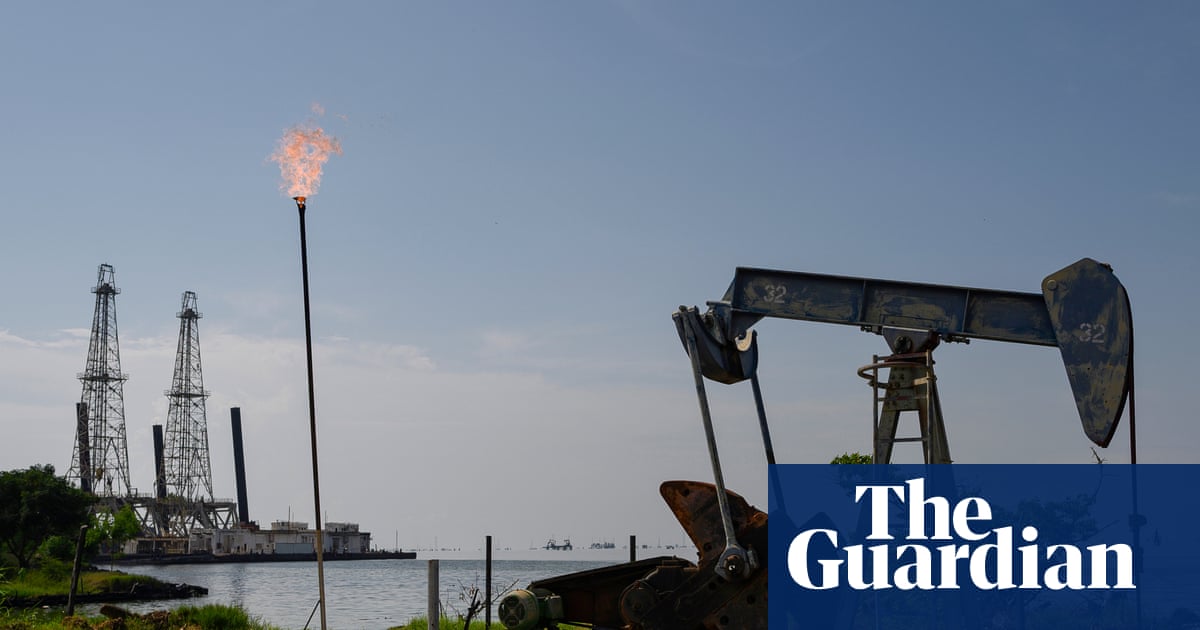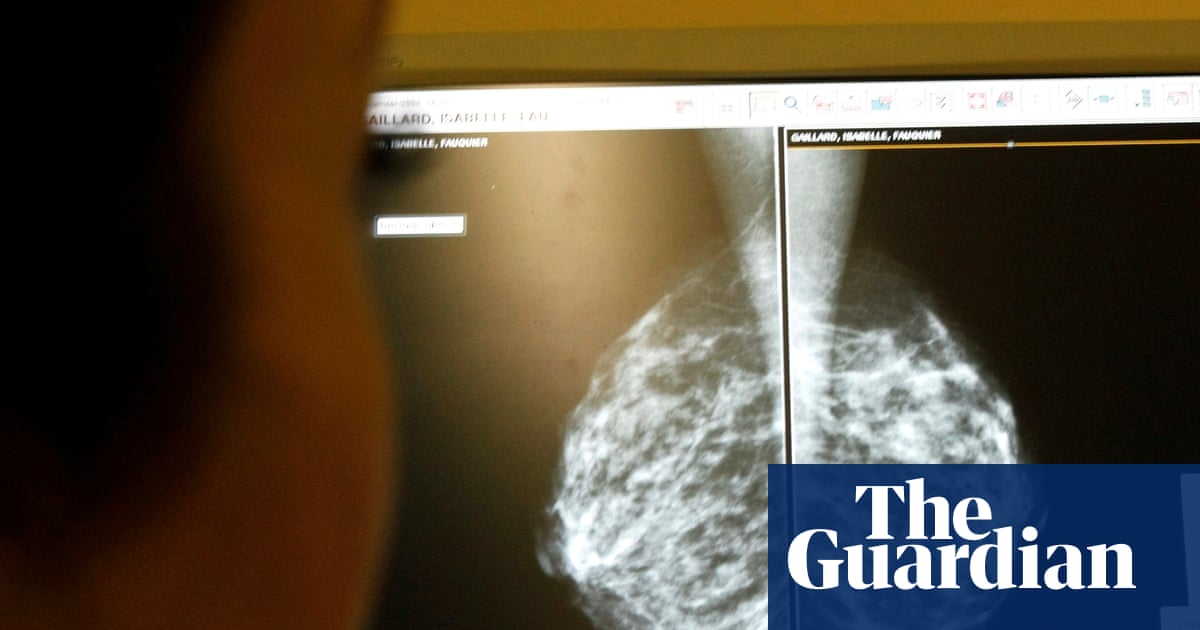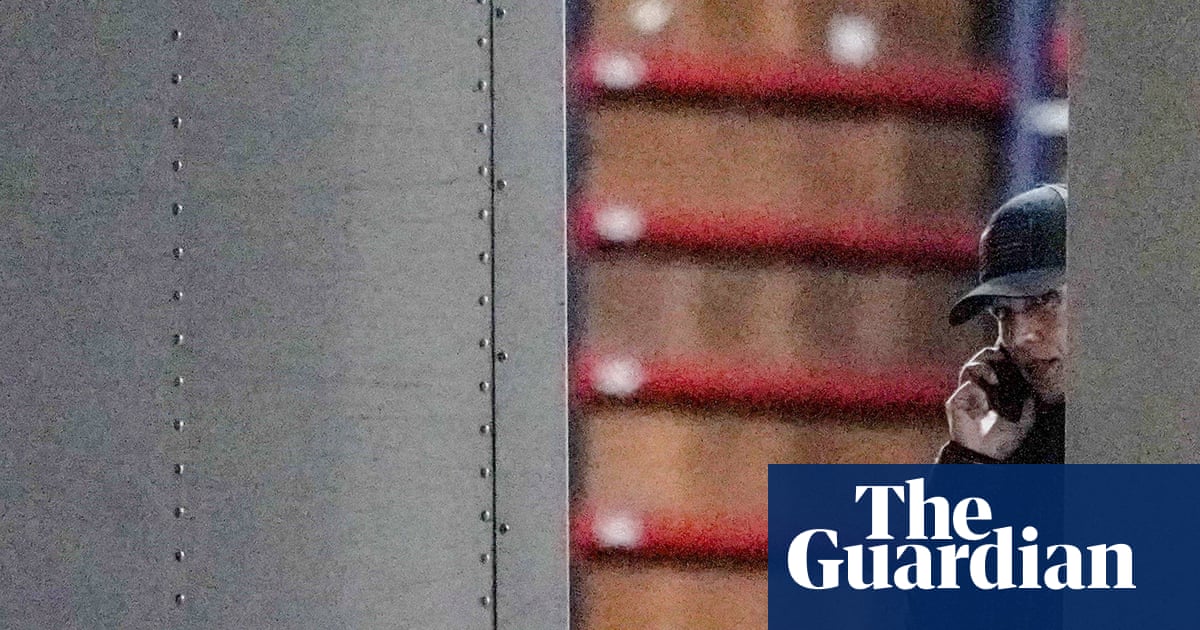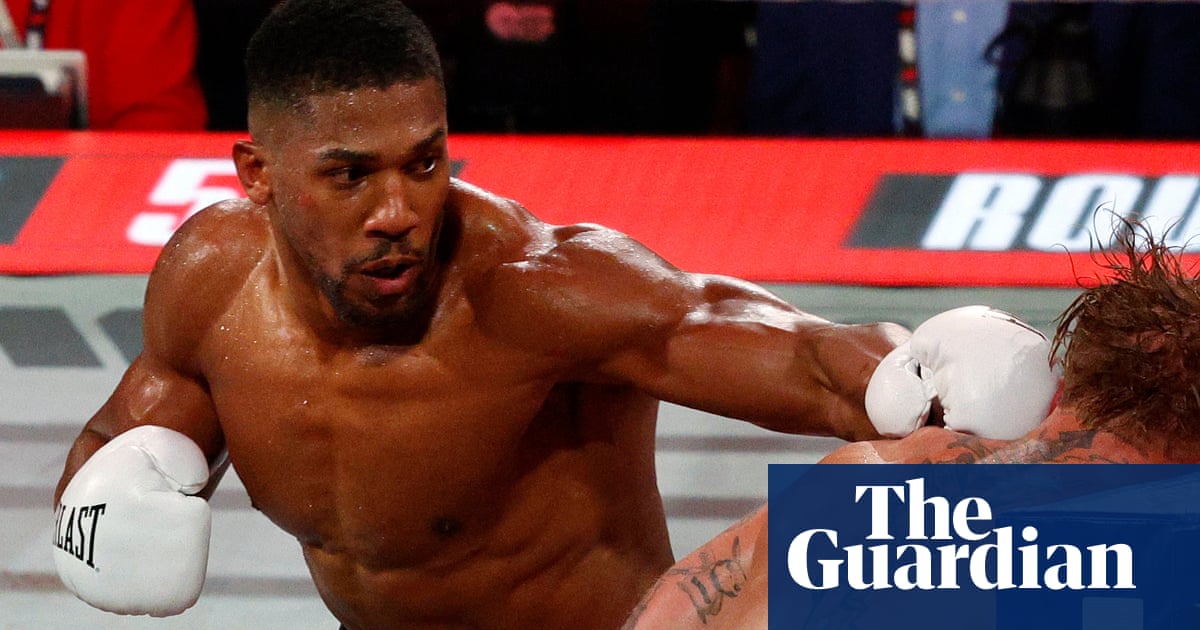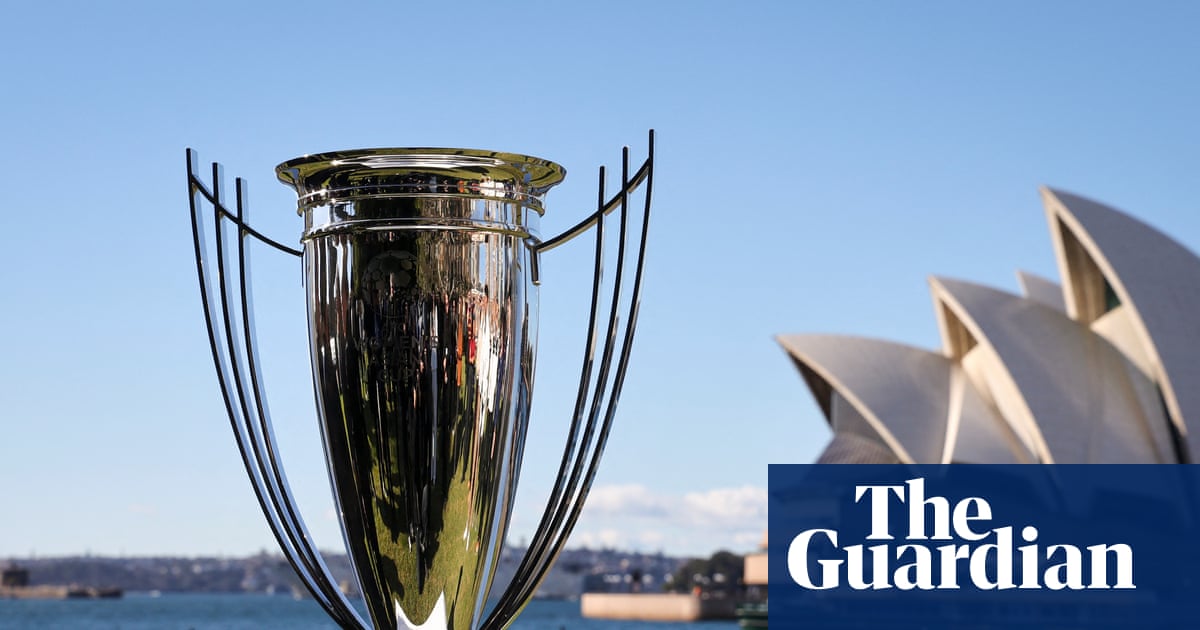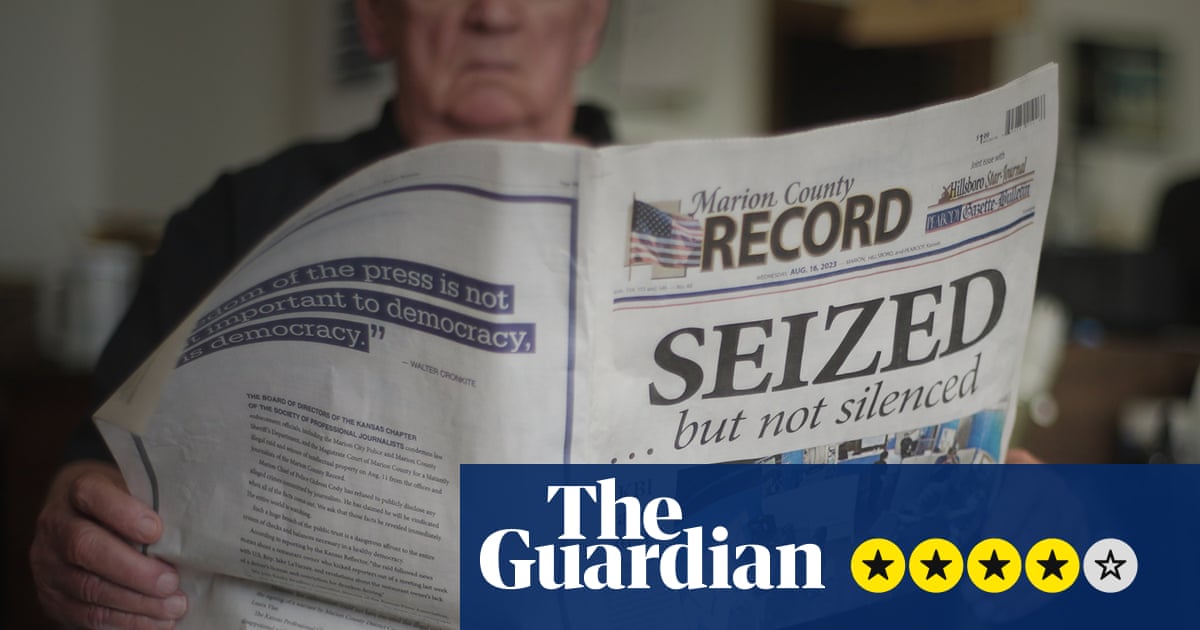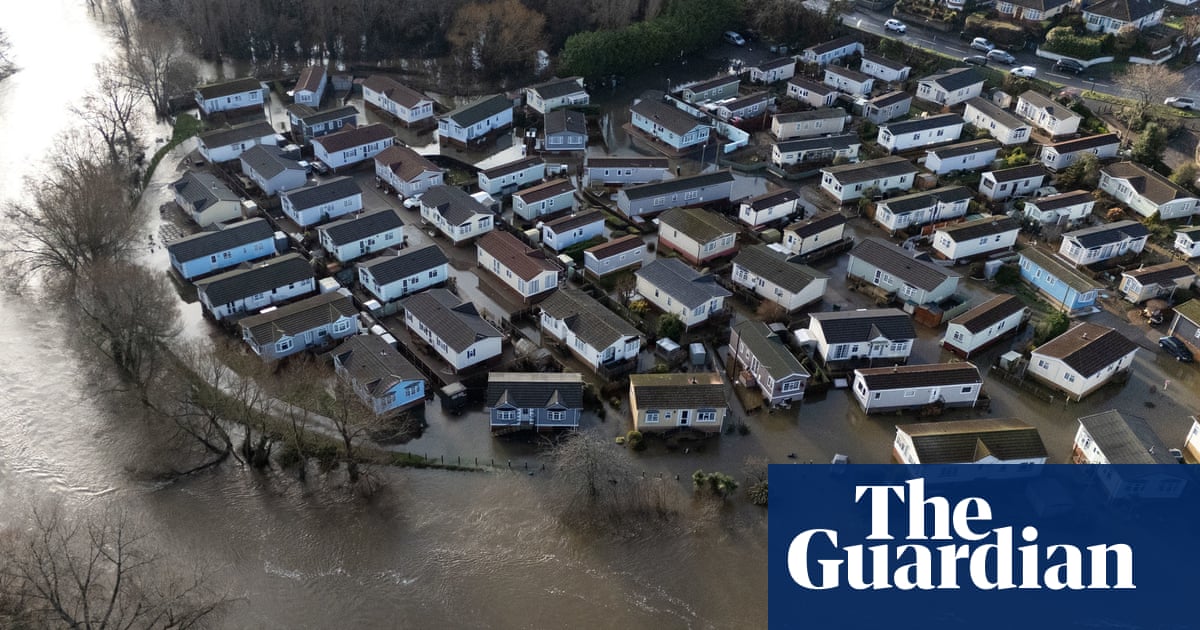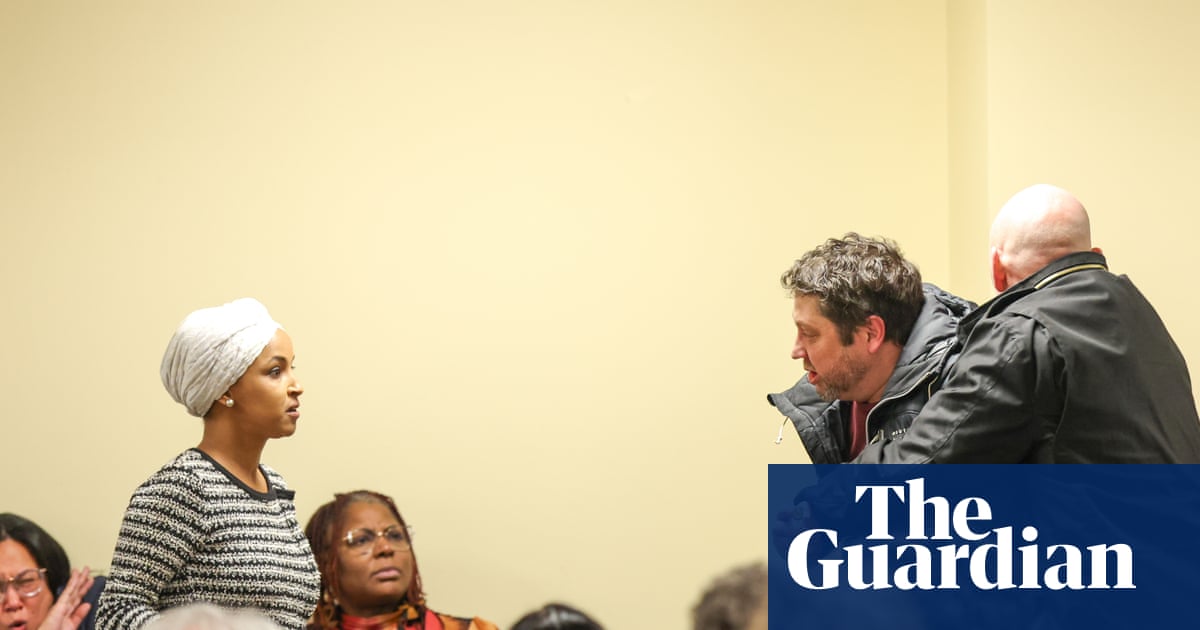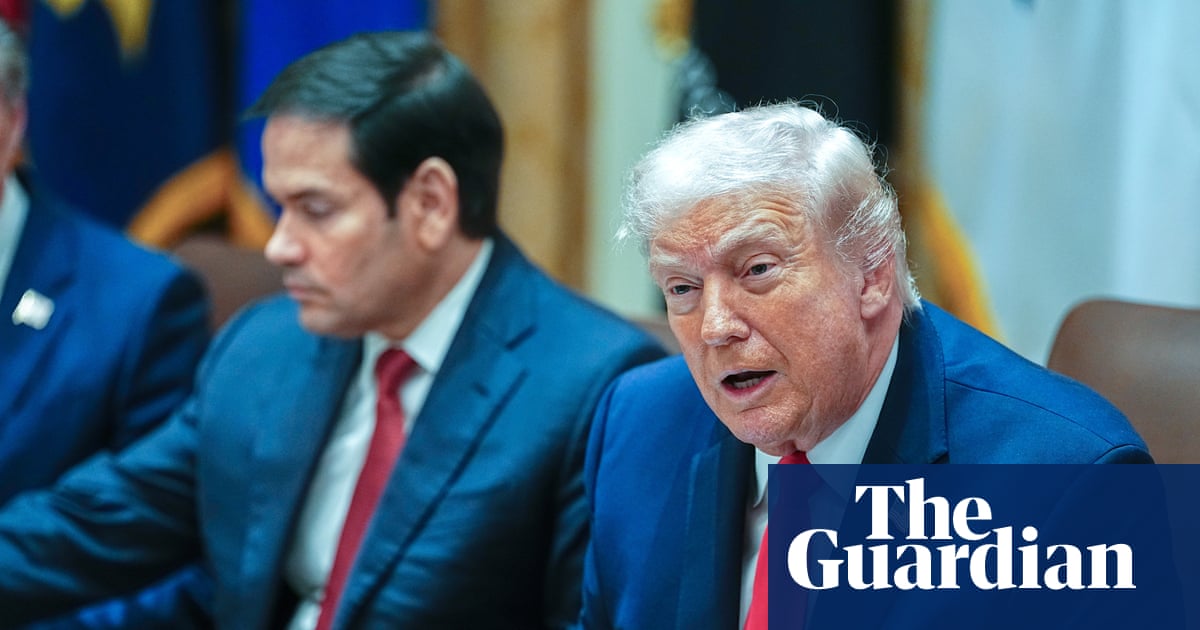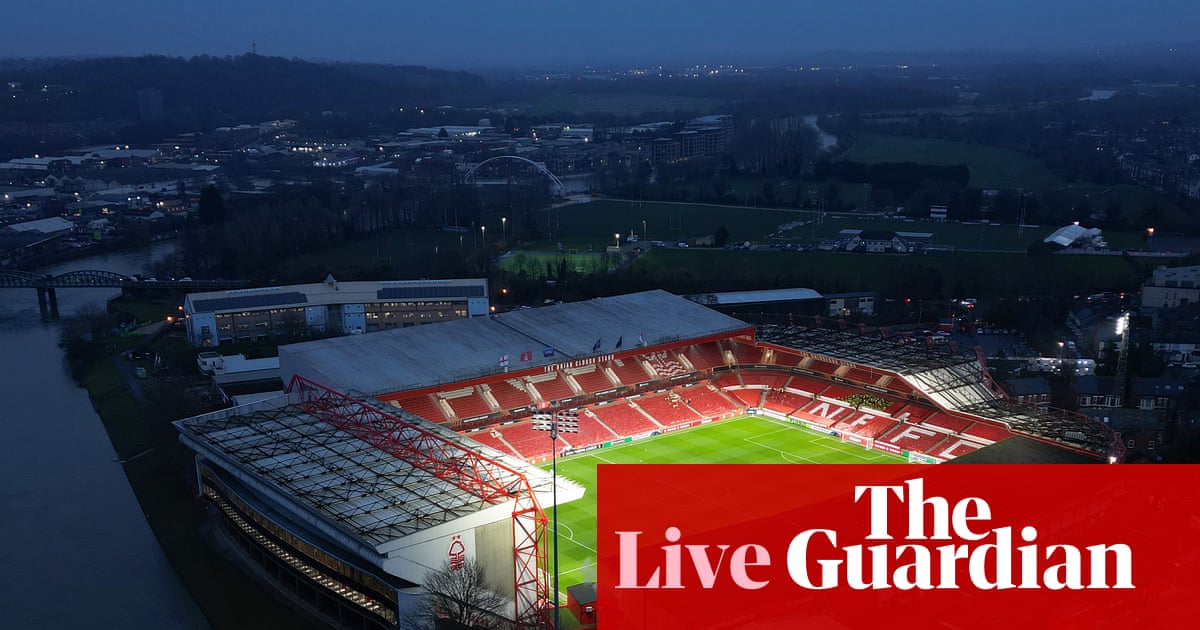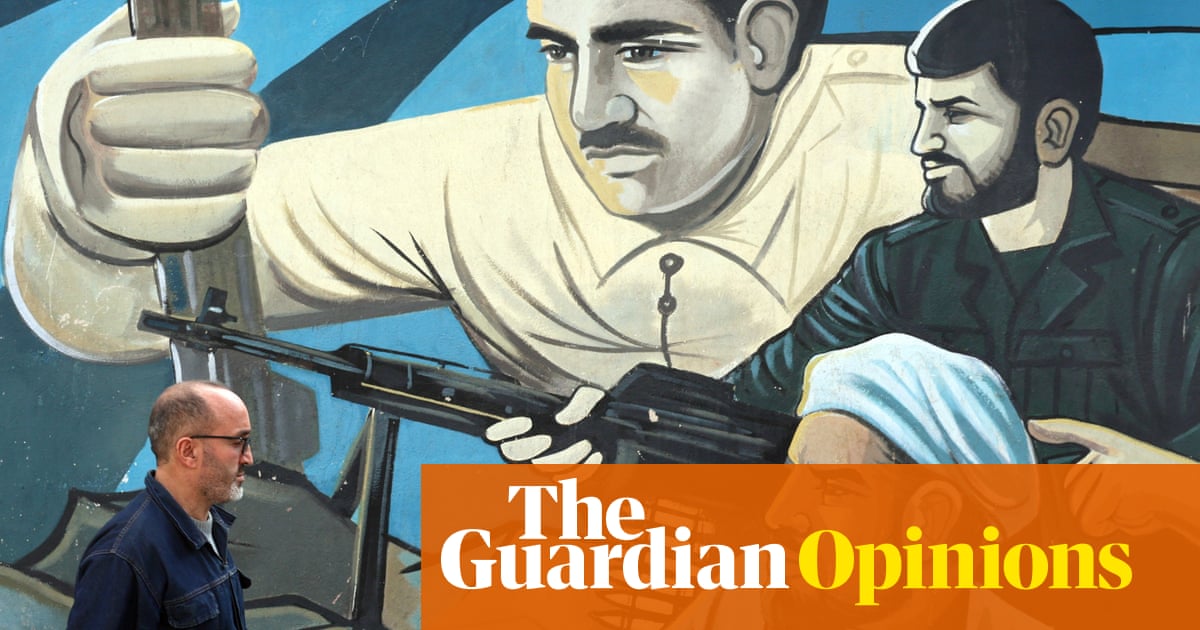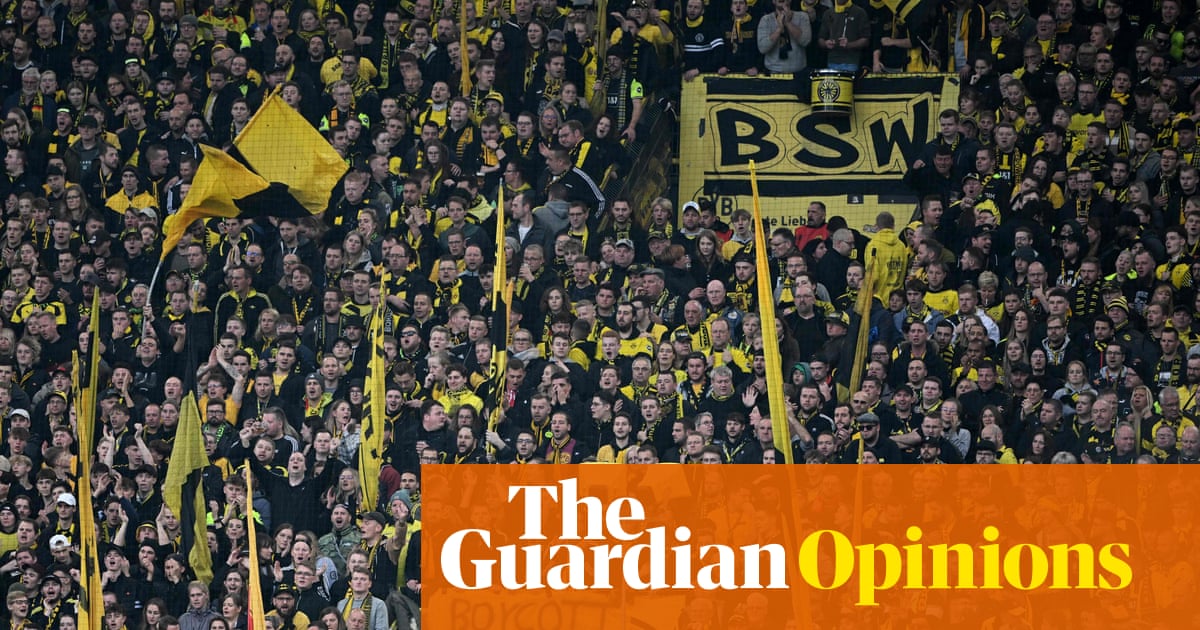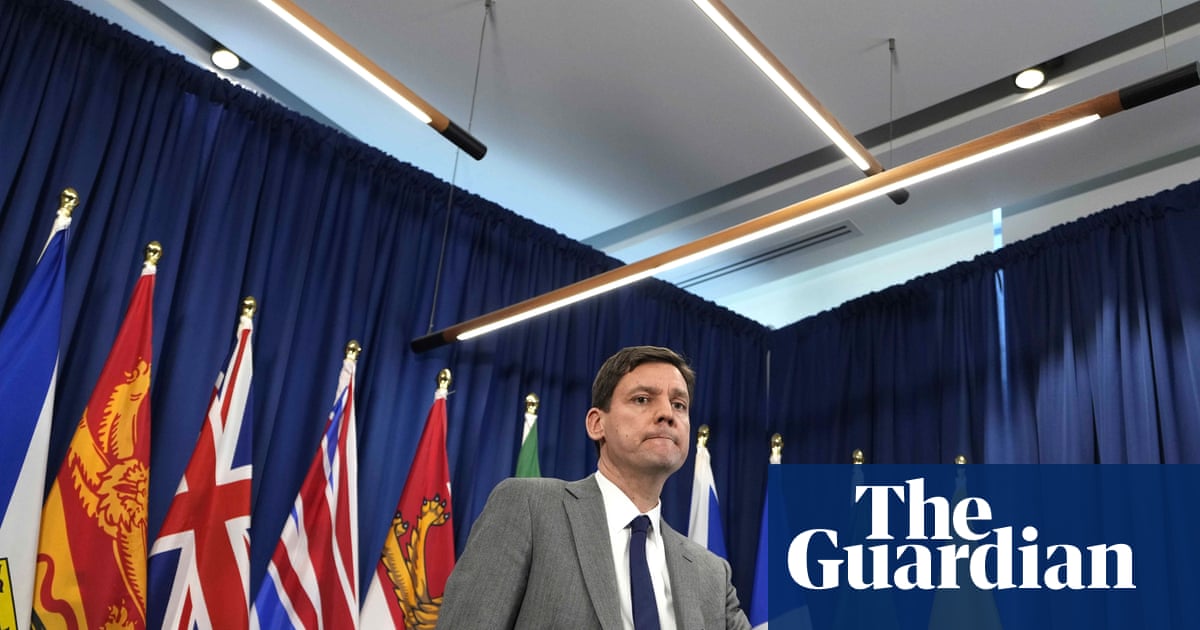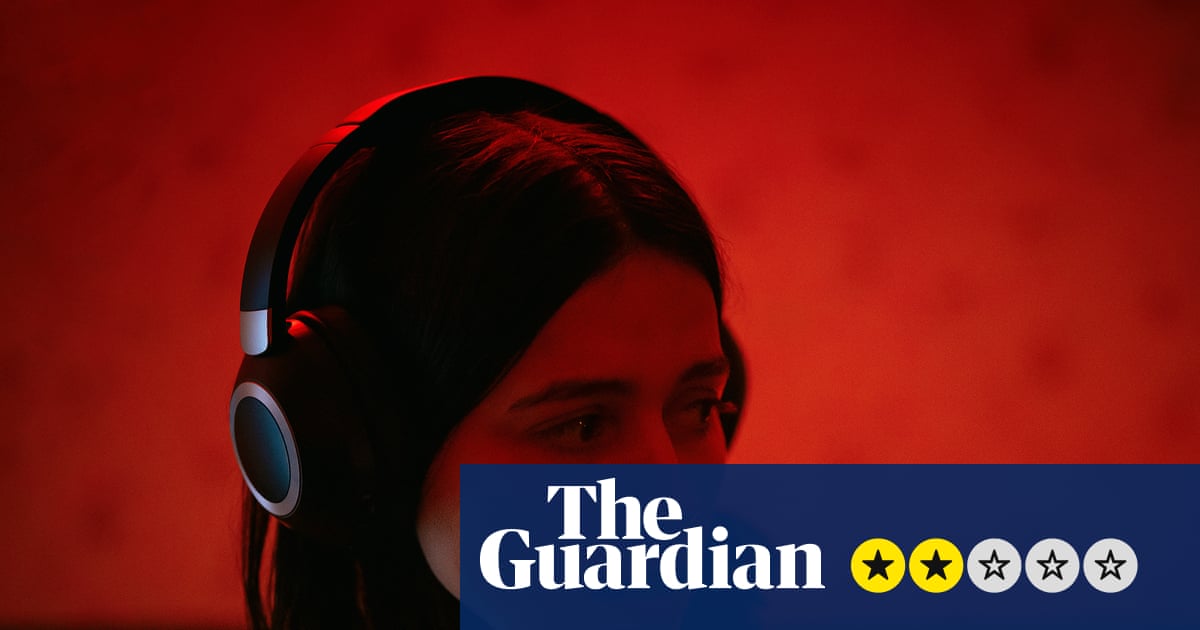Jamaica has led calls from vulnerable nations at the Cop30 climate summit to urge immediate action on climate breakdown as the conference entered its second week.
As high-level ministers from governments around the world took over negotiations in Belém, Brazil, vulnerable nations lined up to say how important it was that wealthier countries cut emissions in order to limit the worst effects of global heating. In addition, they renewed a longstanding call for rich nations to do more financially to help poor countries deal with warming.
“Hurricane Melissa changed the life of every Jamaican in less than 24 hours,” said Matthew Samuda, the country’s economic growth minister. The category 5 hurricane that hit three weeks ago caused almost $10bn (£7.6bn) in damage and displaced hundreds of thousands of people. He called it evidence of “the new phase of climate change”.
“We did not create this crisis, but we refuse to stand as victims,” Samuda said. “We call on the global community, especially major emitters, to honour their commitments and safeguard the 1.5C [above preindustrial levels] threshold for Jamaica. This is survival. It’s about our people and their right to a safe and prosperous future.”
Armando Rodríguez Batista, Cuba’s environment and science minister, said his country was flooded by Melissa. “Tomorrow it will be too late to do what we had to do a long time ago,” he said.
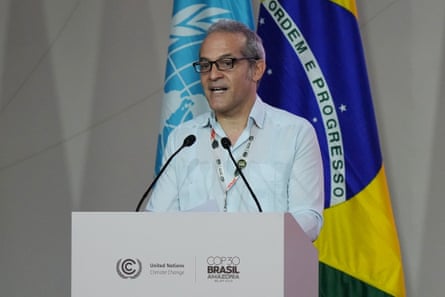
Other nations reiterated the life-or-death nature of stepping up the fight to cut emissions, calling it “a moral duty” and saying climate damage was their day-to-day reality.
“Our very existence is at stake,” Mauritius’s foreign affairs minister, Dhananjay Ramful, said. “A decade after the promises of the Paris agreement, despite our good intentions, we realised that we have not done enough … our planet demands action now.”
The UN’s climate chief, Simon Stiell, told the summit: “The pace of change in the real economy has not been matched by the pace of progress in these negotiating rooms. As climate disasters wrecked millions of lives and hammer every economy, pushing up prices for food and other basic needs, we all know what’s at stake.”
“The time for promises is over,” Brazil’s vice-president, Geraldo Alckmin, said. “Each additional fraction of a degree of global warming represents lives at risk, greater inequality and greater losses for those who contributed least to the problem.”
Monday marked the start of the “high-level segment”, when ministers fly into Belém – or fly back, in the case of those who accompanied their heads of state for the world leaders’ summit that preceded the official opening of the conference last week. The hope is that they will galvanise the talks, by moving out of entrenched positions in a way that their officials, who have been conducting the negotiations for the past week, were not empowered to.
“We have done the technical work, now the political work begins,” said Liliam Chagas, the chief negotiator for Brazil.
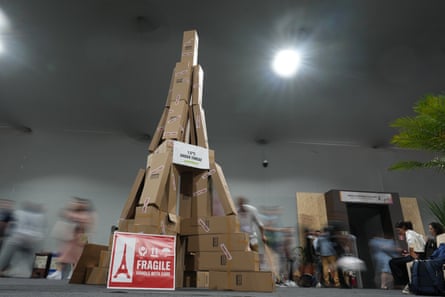
Many of the less contentious issues have already been agreed: for example, measures on agriculture and food security, and some procedural issues on the “loss and damage” fund for the rescue and rehabilitation of poor nations stricken by climate disaster.
But others have been postponed or remain in draft, including measures to drive forward the work of carbon markets and discussions on gender. Negotiations on a “just transition” mechanism and on global efforts to adapt to the impact of extreme weather are also continuing, with some suggesting the latter could be delayed to next year or beyond.
The most contentious issues of all – which are being called “the big four” – are on finance, trade, transparency and the response to the fact that the current crop of national climate plans (known as NDCs) would lead to global heating of 2.5C instead of the 1.5C limit that is in the Paris agreement.
On these, discussions are continuing without much movement so far. On Sunday, the Brazilian Cop president, André Corrêa do Lago, sent out a “note” summing up the state of these negotiations and suggesting possible ways forward: for instance, a roadmap on the response to the NDCs, which would set out how to improve them in order to meet the Paris goals.
On Tuesday, ministers will make national statements and hold bilateral meetings.
One of the outcomes of a mutirão could be a “mutirão decision”. This might look very like the “cover decision” – a catch-all document that sums up all of the progress made across a wide range of issues at a Cop – that the Brazilians said in advance of Cop30 they would prefer to avoid.
One issue Brazil will have to solve sooner is the air conditioning. While some areas of the conference centre are icy, some of the delegation rooms are so hot that delegates have “collapsed” or been unable to continue meetings.
Pope Leo XIV issued a statement on Monday urging countries to act. “The Paris agreement has driven real progress and remains our strongest tool for protecting people and the planet,” he said.
“But we must be honest: it is not the agreement that is failing, we are failing in our response. What is failing is the political will of some. Strong climate actions and policies, both are an investment in a more just and stable world.”

 2 months ago
41
2 months ago
41
